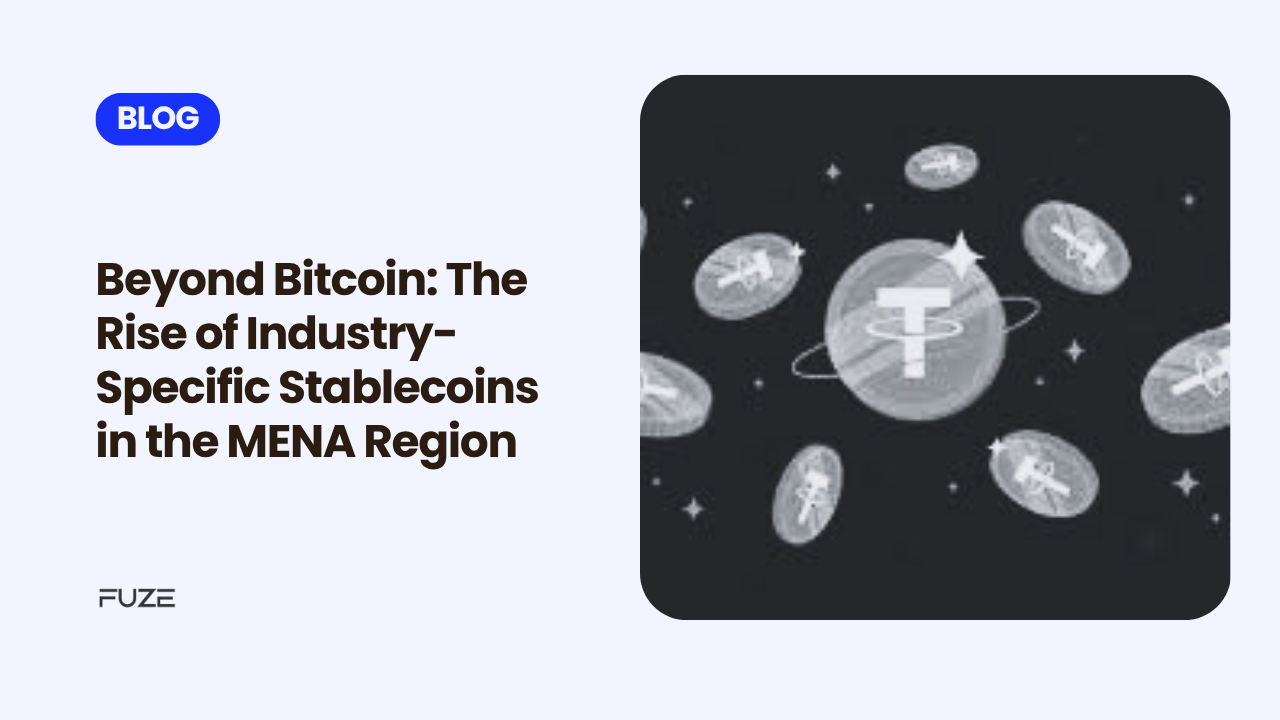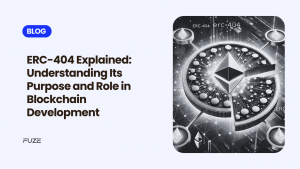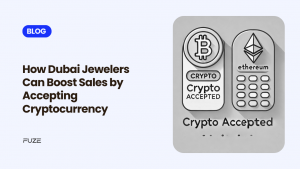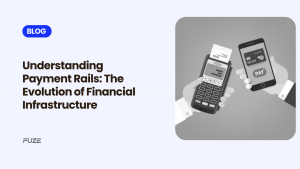By now most residents in the area have heard of Bitcoin. The poster child of the crypto universe. Behind the scenes, though, the Middle East and North Africa are undergoing a subdued revolution as industry-specific stablecoins emerge.
Stablecoins are made to be constant unlike Bitcoin, which is erratic and largely utilized as a store of wealth. Usually, they are set to fiat money such as the US dollar or the dirham. Now, though, we are seeing a fresh surge of stablecoins catered for particular industries such as payments, real estate, and trade. Furthermore, I am beginning to pay attention to MENA region companies.
This is not only another cryptocurrency fad. Industries now see money, settlement, and cross-border transfer of value differently.
What is industry specific stablecoin?
A stablecoin is a digital currency supported by a reserve asset, typically fiat money. Without the volatility of conventional cryptocurrencies, it maintains a steady value and can be used to pay for items, transfer money, or store value.
Stablecoins particular to certain sectors go one step further. Usually connected to a certain use case or industry, they are not only supported by fiat. Imagine a stablecoin meant for shipping payments or one that helps real estate settlements between developers and purchasers.
Though it sounds futuristic, the MENA region is already starting to live this idea.
Why are stablecoins starting to take the front stage in the MENA area?
Stablecoin innovation finds a particular position in the Middle East and North Africa. The area comprises:
- Young, tech-savvy citizens
- Governments’ forceful encouragement to investigate digital money
- E established international trade paths
- Rising demand for quicker, less expensive, more open financial systems
Moving money across borders is costly and slow in many of the MENA countries. Stablecoins address it as well. Better still, industry-specific stablecoins let businesses match payments to their particular business model.
In the commodities market, for instance, a stablecoin linked to a barrel of oil or a basket of metals may enable traders to hedge their exposure and settle transactions faster.
A dirham-pegged coin might help real estate developers simplify property payments and lower foreign investment friction.
Practical Implementations Developing
Let’s look at a few places where stablecoins are already under investigation or application in MENA.
Cross-border trade and logistics
Businesses trading goods in and out of free zones such as Jebel Ali or Abu Dhabi Global markets cope with delays and costly middlemen banks quite a bit. Instant settlement of payments between buyers, sellers, and logistics providers using a sector-specific stablecoin helps to save both time and money.
Real estate deals
Stablecoins provide a quicker and more open substitute for conventional banking lines in cities like Dubai, where foreign investors sometimes buy real estate. Imagine paying for a house in stablecoins and having the ownership smart contract update on its own initiative. Forward-looking coders are already testing this; it is not only theory.
Remittances and payables
For distant workers and contractors especially, some Gulf businesses are investigating the use of stablecoins to manage payment. This simplifies paying somebody across borders without handling several currencies and conversions. Tokens with their worth are given to workers; they are readily convertible to local money.
Regulatory tailwinds and governmental interest
Tokenization and stablecoins are increasingly of interest to governments all around. In the UAE, authorities such as VARA and ADGM are creating systems that encourage creativity without sacrificing adherence to standards.
Moreover under close observation are central banks. Some are investigating central bank digital currencies, which might ultimately interact with stablecoin architecture. This produces a clear signal: stablecoins play a part in national financial policies and digital money is no more a fringe concept.
What this means for businesses in the region
This change gives businesses in areas such as finance, real estate, e-commerce, or trade an opportunity to reconsider how they handle cash flow, transactions, and settlements.
Using stablecoins does not entail throwing yourself into crypto speculation. It entails addressing old issues with a modern financial instrument. And companies won’t have to go it alone with more local players providing safe, regulated access to stablecoins.
Concurrently, industry-specific stablecoins promote cooperation among IT companies, legislators, and established businesses. They create the path for faster reconciliation, more consistent compliance, and an improved view of money movement.
How Fuze is facilitating stablecoin safe access?
At Fuze, we enable MENA companies to securely and legally access digital assets. With quick settlement and complete regulatory compliance, our OTC desk facilitates significant volume stablecoin trades including USDC and other tokenized currencies.
Our infrastructure is built to make digital asset transactions clear, transparent, and risk-managed whether your role is CFO investigating new payment rails or corporate treasurer wishing to hedge currency exposure.
Working directly with customers, we provide access to the appropriate tools, without the noise or ambiguity of retail crypto platforms, that reflect their sector-specific demands.
Looking Ahead
Stablecoins in the MENA area have a future beyond only speedier payments. It’s about creating clever systems catered to actual corporate challenges.
From finance and logistics to real estate and beyond, industry-specific stablecoins could change the way industries run as they keep developing.
Businesses that invest time to grasp this change and choose reliable partners will be positioned to dominate in a digital-first economy.
Fuze is here to lead you confidently and clearly through every stage, should you be ready to investigate how stablecoins might benefit your company.
Disclaimer: Virtual assets carry significant risks, including high volatility and potential loss of Disclaimer: Virtual assets carry significant risks, including high volatility and potential loss of your entire investment. They are not backed by governmental protections, and recourse may be limited in case of loss. Always assess your risk tolerance, fully understand the risks, and seek independent financial advice if needed before investing.
FAQs
- What is an industry-specific stablecoin?
An industry-specific stablecoin is a digital token that’s not only pegged to a stable asset like a fiat currency but also tailored for a particular sector, such as real estate, trade, or payroll. It helps streamline transactions and reduce costs in that specific industry. - Are stablecoins legal in the UAE and wider MENA region?
Yes, stablecoins are legal in the UAE when used through regulated platforms. Authorities like VARA and ADGM are creating frameworks to support safe and compliant use of digital assets by businesses and institutions. - How are businesses in the MENA region using stablecoins today?
Businesses are using stablecoins for cross-border trade, property purchases, payroll, and instant settlement of large payments. The technology helps reduce banking fees, delays, and foreign exchange risks. - What are the benefits of using stablecoins over traditional bank payments?
Stablecoins offer faster settlement, lower costs, real-time tracking, and better access for global partners. Unlike traditional transfers, which can take days, stablecoin transactions are often completed within minutes. - How can a company in the UAE start using stablecoins safely?
Companies can start by working with a regulated partner like Fuze, which provides secure access to stablecoin OTC trading, full compliance support, and customized onboarding for corporates in sectors like trade, real estate, and finance.







